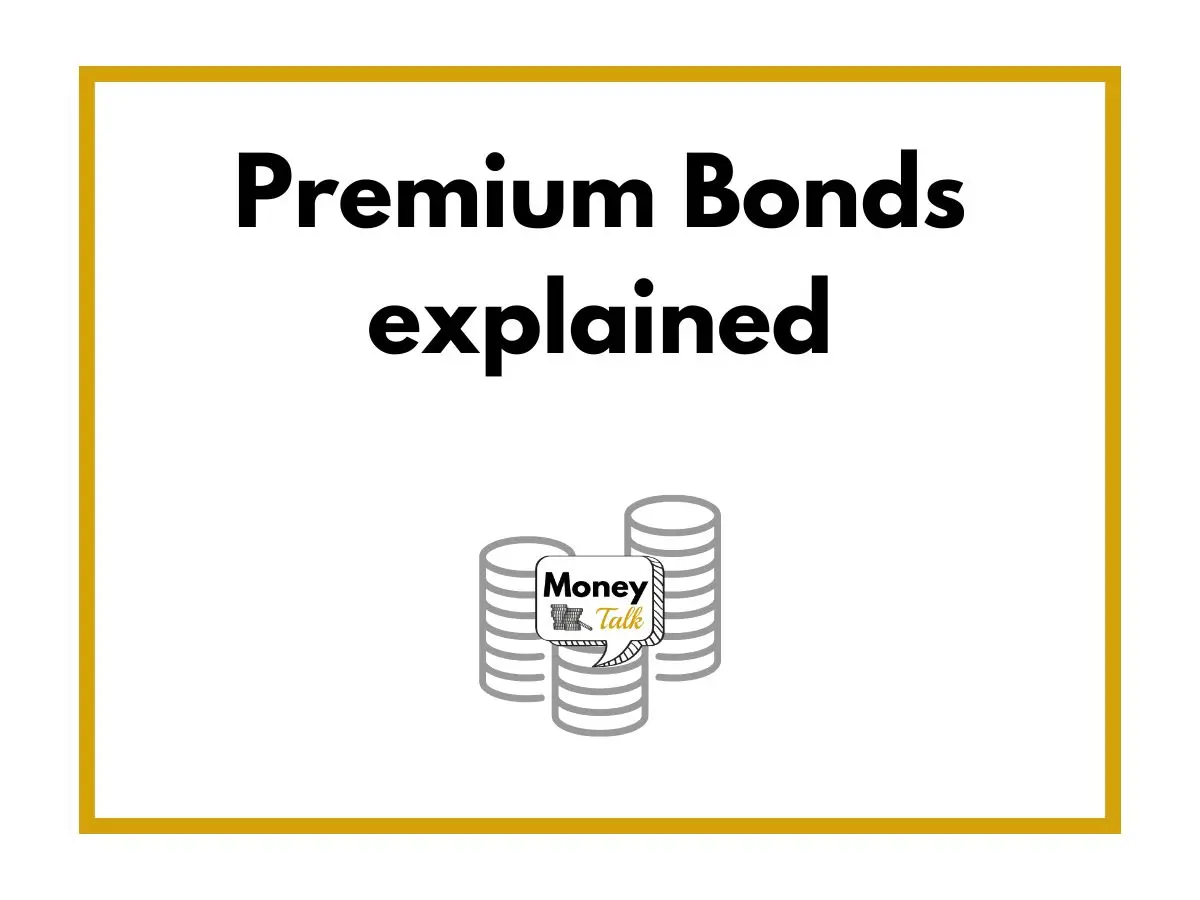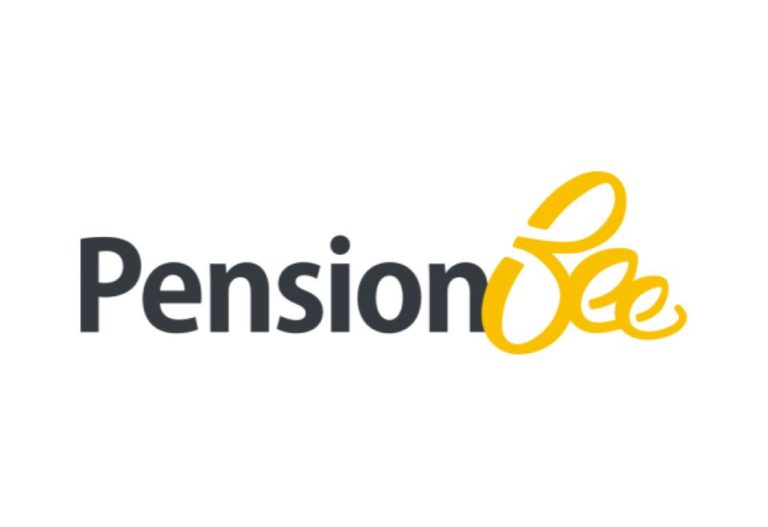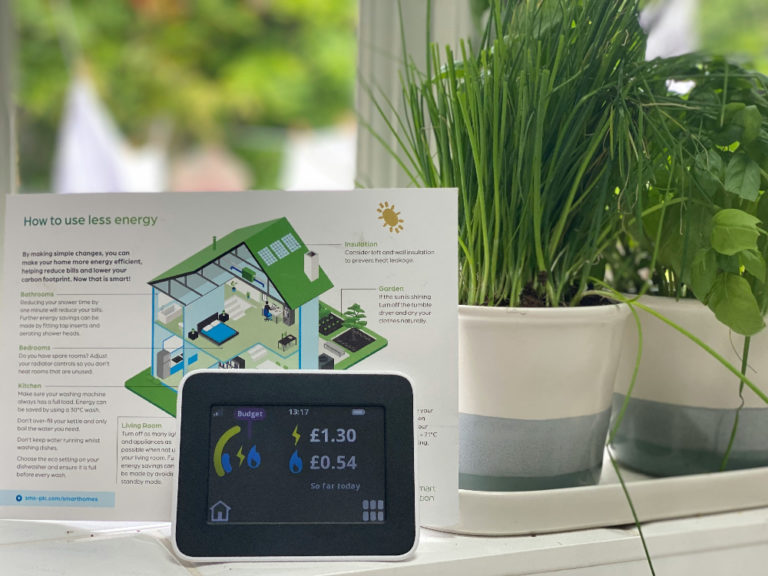Are Premium Bonds worth it? It depends
Money Talk is intended to inform and educate; it's not financial advice. Affiliate links, including from Amazon, are used to help fund the site. If you make a purchase via a link marked with an *, Money Talk might receive a commission at no cost to you. Find out more here.
Premium Bonds are one of the most popular ways to save in the UK.
Over 24 million people are bond holders, and they’ve collectively deposited over £127 billion with the government-backed NS&I (National Savings & Investments), which administrates Premium Bonds.
But while your money is 100% secure, and you might win the big prize of £1 million, Premium Bonds might still be a poor choice compared to other savings products.
I should know. I deposited £50,000 with NS&I for a little over three months and even though I won something every month, I technically still made a loss.
Here’s why.
What are Premium Bonds?
First, an overview of what Premium Bonds are and how they work.
Premium Bonds are a type of tax-free savings product issued by the government-backed NS&I.
By buying a Premium Bond, you’re essentially lending money to the UK government.
It’s considered an extremely safe place to put your money because the UK government has never defaulted on a debt and is less likely to collapse than a commercial bank.
However, unlike other savings products, or even traditional bonds, you don’t get any interest payments back on the money you deposit.
Instead, everyone who holds a Premium Bond is entered into a prize draw, giving them the chance to win up to £1 million tax-free.
Each £1 of Premium Bond held is equivalent to one entry into the prize draw, but you must have a minimum of £25 and there’s a savings cap of £50,000.
The prize for the draw is funded through the interest earned across the bonds held by everyone, and the interest changes regularly.
Currently, the rate is set at the equivalent of 3.6% AER.
How are the prizes allocated?
The format for the prize draw has changed somewhat since Premium Bonds were first introduced in 1956.
Over the years, NS&I has increased the number of prizes and improved the odds of winning big.
There are now three tiers of prizes: higher (£1 million; £100,000; £50,000; £25,000; £10,000; £5,000), medium (£1,000; £500) and lower (£100; £50; £25).
NS&I’s process for determining the number of prizes is rather convoluted, which is why it has an entire page dedicated to explaining how it all works.
Essentially, it allocates a rough percentage of the prize fund to each tier first.
The higher and medium tiers are each worth about 10% of the total prize fund while the lower tier gets the remaining 80%.
For the higher tier, the prize distribution is similar to a champagne pyramid.
When you start pouring champagne over the top of a pyramid of glasses, the glass at the top fills up first and then the surplus wine cascades down onto the next tier.
And so NS&I works out the number of £1 million prizes first, and then the £100,000 prizes, and then the £50,000 prizes and so on.
For the medium tier, the prize is distributed such that there’s one £1,000 prize for every three £500 prizes.
As for the lower tier, there’s an equal number of £100 and £50 prizes. However, there must also be a sufficient number of £25 prizes to match the current odds of winning.
Like I said, it’s convoluted.
What are the odds of winning?
NS&I gives the odds of winning something – anything – as 22,000 to 1 for every £1 held.
This is of course not the same as winning the £1 million prize, or indeed any of the higher value prizes.
And in fact, the odds vary every month because the number of bonds held changes every month, which in turn affects the size of the prize fund and the number of prizes.
Over the course of a year, the number of prizes available can change a lot.
For example, in January 2025, there were a total of 5,762,729 prizes. In November 2025, this number had ballooned to 6,066,362 prizes.
In any case, it’s safe to say the more bonds you hold, the more likely you’ll win something.
The pros and cons of Premium Bonds
Premium Bonds as a savings product has a lot going for it.
It offers a safe and tax-free place to keep your money, which is perfect for higher income earners needing somewhere to stash their emergency fund.
You could of course win a life changing amount of money, and unlike the lottery, you don’t have to spend money to do it.
Premium Bonds are also relatively instant access – it can take a couple of days to set up and cash out, but it’s not locked away like investment or certain savings accounts.
Some people actually like this delay, because it means they’re less tempted to transfer the money into their bank account for a splurge.
In terms of cons, the obvious one is the fact that you might not win anything at all.
In fact, the odds of winning anything in a Premium Bonds draw are actually lower than the odds of winning anything in the lottery (22,000 to 1 vs 9.3 to 1).
There’s also the opportunity cost.
Saved elsewhere, your money could earn a small amount of interest, even if it’s not inflation-beating.
Over time, if you don’t earn anything, your money would actually be worth less than the amount you put in because of inflation.
My experience with Premium Bonds
I’ve actually been a Premium Bonds holder twice.
A small amount
Once, about 10 years ago, I bought £208 worth of Premium Bonds.
It was the amount you might spend on the lottery if you played two games a week for a year.
I can’t remember how long I kept the money saved now but I never won anything so I ended up withdrawing the money when I needed it.
The full £50,000
In 2025, I purchased £50,000 worth of Premium Bonds – the most you could buy – and held the money for just over three months.
This gave me 50,000 chances to win in three separate draws.
Surprisingly, I won something in all three.
I won a single prize of £25 in each of the first two draws. In the third draw, I won two prizes: one for £25 and one for £100. That means in three months, I won a total of £175.
That’s not bad, you might think.
It’s certainly better than nothing. And better than what I got from the Chip Prize Savings Account.
But, £50,0000 in a savings account at 3.6% AER (the Premium Bond prize rate) would have netted me about £152.50 a month.
That means by saving my money in Premium Bonds over those three months, I’ve effectively lost £282.50 in potential interest income.
Are Premium Bonds worth it?
Whether Premium Bonds are worth it is a question you need to consider in the context of the alternatives and your personal circumstances.
Tax-free savings
Before 2016, ISAs were the only alternative to Premium Bonds for tax-free savings, but rules have since changed.
A personal tax allowance was introduced in 2016.
It allowed basic rate tax payers to receive up to £1,000 in interest payments without paying tax on it; the cap is £500 for higher rate tax payers and £0 for additional rate tax payers.
ISA limits also increased significantly to £20,000, again increasing the amount of money you can save without paying tax.
In other words, unless you have a lot of cash savings, or are a higher or additional rate tax payer, you’re unlikely to need to turn to Premium Bonds for tax-free savings.
In my case, I needed a short-term solution as I prepared to pay off my mortgage.
Financial safety
Banks collapsing isn’t a huge concern in the UK.
Again, it’s because rules and regulations have changed significantly since Premium Bonds were first introduced.
These days, high street banks are regulated by the Financial Conduct Authority (FCA) to reduce the likelihood of things going wrong.
And most savings products are protected up to £120,000 by the Financial Services Compensation Scheme (FSCS), so if there are any issues, you should get your money back within a week.
Opportunity cost
Opportunity cost is the final sticking point to consider.
Money Saving Expert actually has a handy calculator that helps you work out how much you could win based on how much Premium Bonds you hold.
Based on historical data, current prize rate of 3.6% AER and assuming average luck, you could win £1,600 a year if you hold the full £50,000.
But £50,000 saved into a savings account paying 3.6% AER would get you a guaranteed £1,830 in interest income – and that’s not even the highest savings account interest out there.
For smaller amounts saved (£1,000 or less), you’ll most likely win nothing.
Rational thinking
When you’re thinking rationally, and looking at the data, it’s perhaps clear that Premium Bonds is a poor choice if you want guaranteed income.
Personally, I’d only go for Premium Bonds when I’ve maxed out everything else – and, well, I’m quite a long way from doing that.
Still, the pull of “winning big” is undeniable. And for some people, that’s enough.
Alternatives to Premium Bonds
Premium Bonds aren’t the only savings product with a prize draw.
In fact, there are multiple savings accounts with a prize draw such as the Family Building Society Windfall Bond and Chip’s Prize Savings Account*.
Some of these give you much better odds of winning, albeit with a smaller top prize.
For smaller amounts of money, even current accounts paying high interest so it’s a no brainer if you’re looking for guaranteed return.
This post was originally published in April 2022. It was updated in November 2025.
Pin this for later








